Life
-
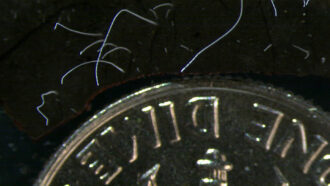 Microbes
MicrobesThis giant bacterium lives up to its name
The newly discovered Thiomargarita magnifica is about the size of your eyelash and is surprisingly complex.
-
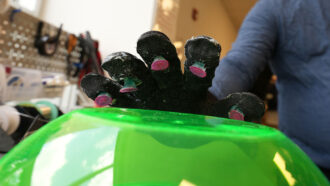 Tech
TechLike an octopus, this glove lets fingers grip slippery objects
The octopus-inspired suckers on each fingertip grab and release objects on demand.
-
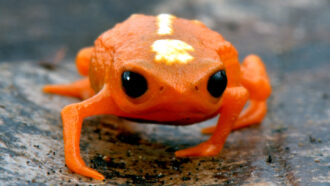 Animals
AnimalsWhy these jumping toadlets get confused mid-flight
The tiny pumpkin toadlet tumbles when it jumps. Its ear canals may be too tiny to help the animal track its motion through the air.
By Meghan Rosen -
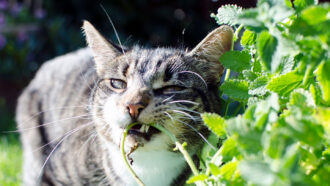 Plants
PlantsCatnip’s insect-repelling powers grow as Puss chews on it
Damaging the leaves boosts the plant’s chemical defenses — and their appeal to cats.
By Anil Oza -
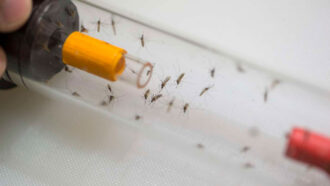 Animals
AnimalsSleepy mosquitoes prefer dozing over dining
Mosquitoes repeatedly shaken to prevent slumber lagged behind well-rested ones when offered a leg to feed on.
By Anna Gibbs -
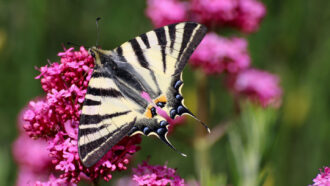 Animals
AnimalsButterfly ‘tails’ might be part of an escape tactic
Slender, tail-like extensions on their wings may help some butterflies survive attacks by hungry predators.
By Jake Buehler -
 Health & Medicine
Health & MedicineTo test for COVID-19, a dog’s nose can match a nose swab
Dogs can sniff out COVID-19 cases as well as PCR tests can — and are better at ID’ing cases having no symptoms, a new study finds.
-
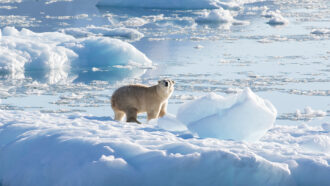 Animals
AnimalsSome Greenland polar bears are surviving with very little sea ice
The ‘glacial mélange’ on which they’ve come to rely — a mix of ice, snow and slush — could be a temporary refuge for some polar bears.
By Nikk Ogasa -
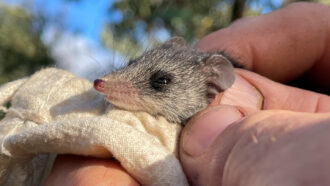 Animals
AnimalsPalm-size marsupials may face extinction from wild ‘house’ cats
After surviving Australian bushfires, the Kangaroo Island dunnart is losing ground as it's targeted by hungry predators.
By Asa Stahl -
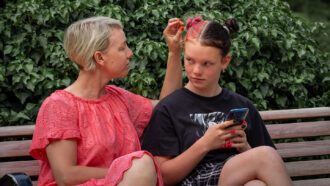 Brain
BrainWhy teens can’t help tuning out mom’s voice
Teens often tune out what their mom is saying. Normal brain changes during adolescence could explain why, new research shows.
-
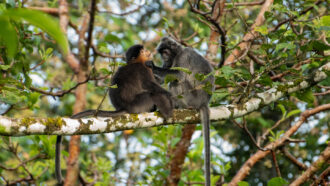 Animals
Animals‘Mystery monkey’ could mean its parent’s species may be in trouble
Changes to monkeys’ habitats — including some forest loss to oil palm plantations — might explain why this animal’s parents mated.
-
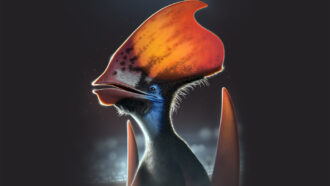 Fossils
FossilsBright-colored feathers may have topped pterosaurs’ heads
Fossil remains of a flying reptile hint that their vibrant crests may have originated 250 million years ago in a common ancestor with dinosaurs.